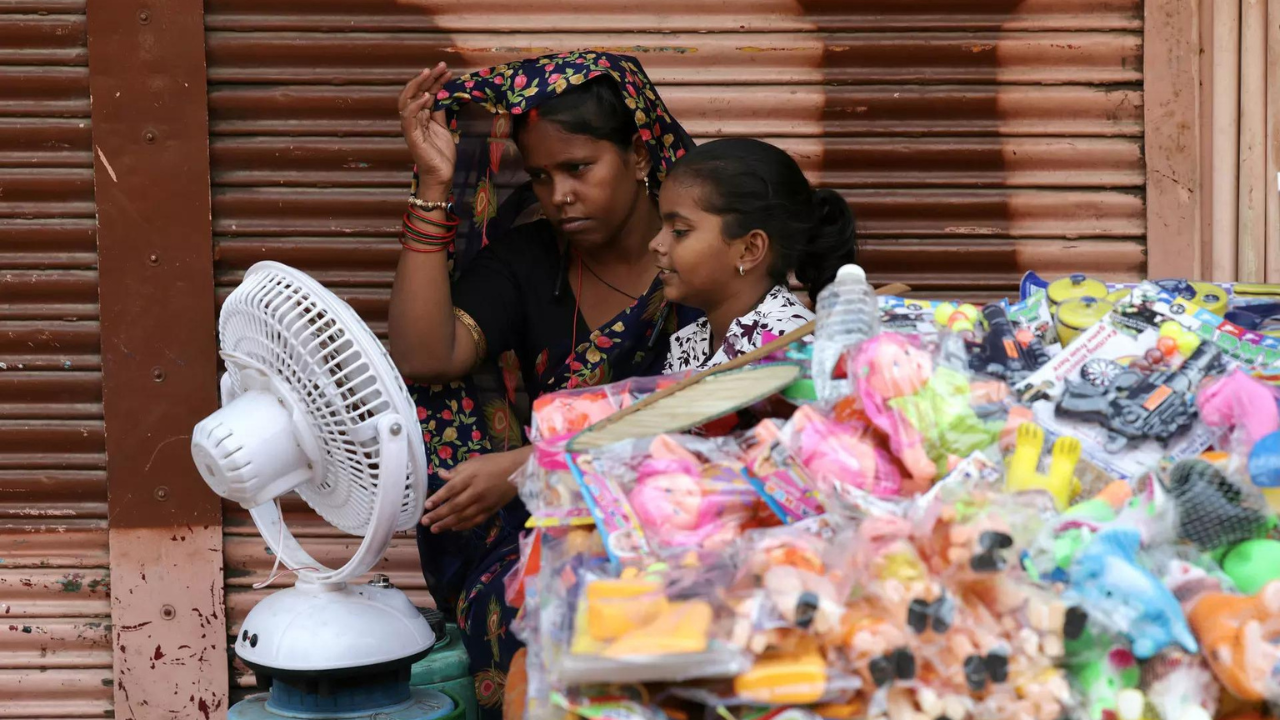This disease primarily affects women between 15 to 45 years of age.
Dr Lalit Duggal, Senior Consultant, Rheumatology & Clinical Immunology, Sir Ganga Ram Hospital, Delhi, told IANS on Wednesday that 6 to 10 cases of lupus have been reported due to the heat waves.
What is lupus?
Lupus is a chronic autoimmune disease where the immune system attacks the body’s tissues and organs, mistaking them for foreign invaders. This leads to widespread inflammation and damage. Lupus can affect various parts of the body, including the skin, joints, kidneys, heart, lungs, blood cells, and brain.
Heart failure in men and women: Understanding the differences in symptoms
The most common type is systemic lupus erythematosus (SLE), which can cause a range of symptoms such as fatigue, joint pain, skin rashes (including the distinctive butterfly-shaped rash on the face), fever, and organ dysfunction. The exact cause of lupus remains unknown, but it is believed to result from a combination of genetic, environmental, and hormonal factors.
Diagnosis can be challenging due to its varied symptoms, but it typically involves blood tests, urine tests, and clinical evaluations.
Factors that can trigger the condition
As per Dr Duggal, several environmental factors can be possible triggers of an underlying genetic background. The triggers may include sun exposure, smoking, oral contraceptive use, postmenopausal hormones, viral infections, etc. The most obvious recognisable lesions are red patches that are highly photosensitive over the cheeks and the nose resembling the marks of wolf bites from where it takes its name — lupus. Ulcers in the mouth, nose, and genital area can also be features of lupus.
How to treat this?
While there is no cure for lupus, treatment aims to manage symptoms and prevent flare-ups. This often includes medications such as anti-inflammatories, immunosuppressants, and corticosteroids, alongside lifestyle adjustments. With proper management, many individuals with lupus can lead active and fulfilling lives.
“Treatment depends on the severity of the disease and the type of organ affected. For example, skin involvement can be treated with local application of sunscreen with an SPF of at least 50 per cent, and hydroxychloroquine with or without low-dose steroids. Aggressive immunosuppression would be required for more severe disease, including organ environment, such as kidneys, lungs, brain, etc.,” Dr. Duggal has suggested.
Source link
Modified by Maaaty at Cheap Generic Pharmacy


